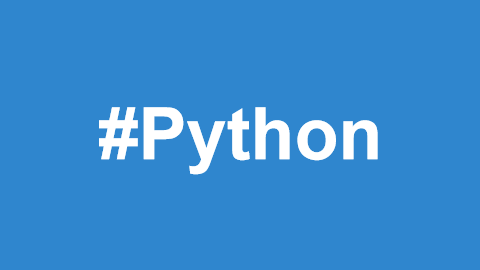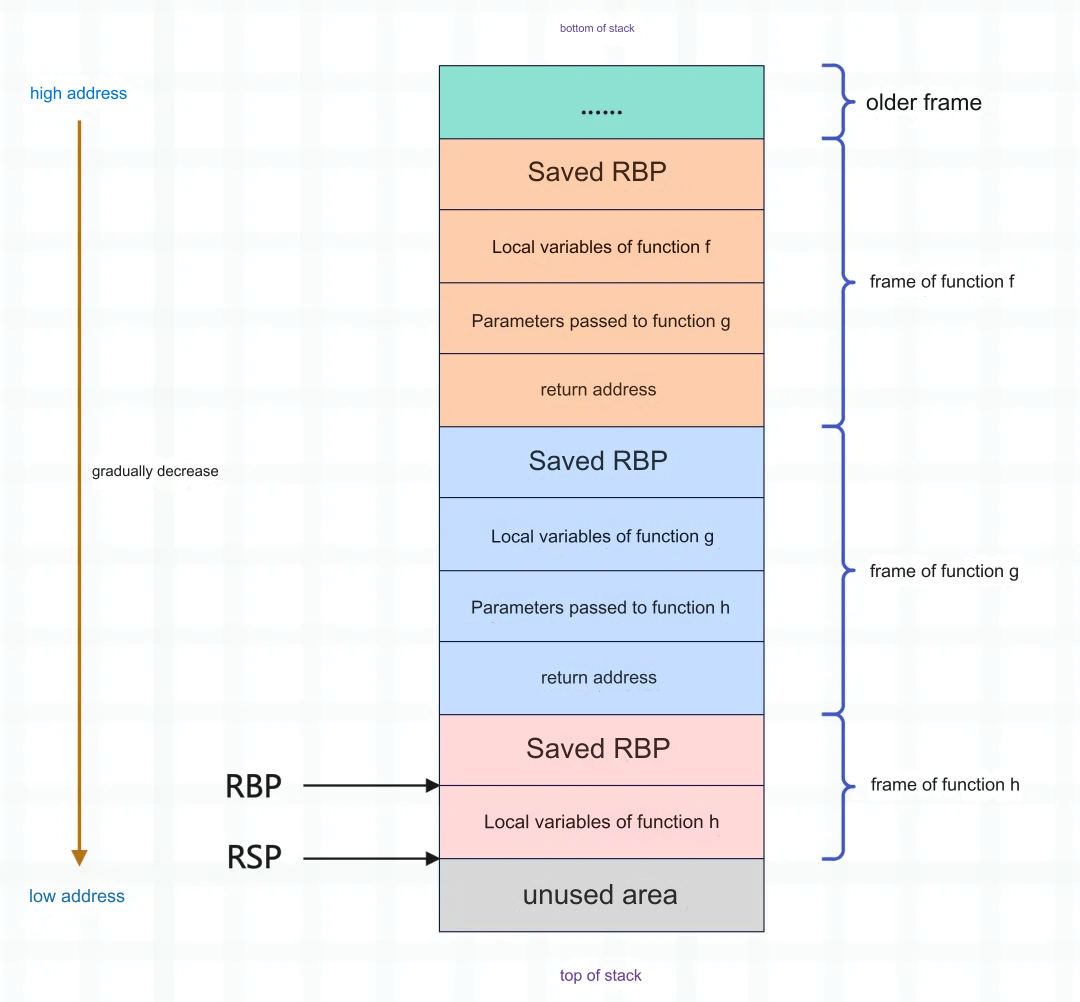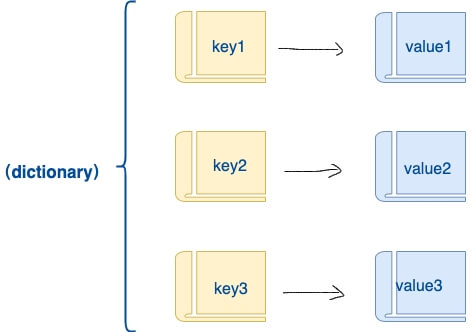Evaluating the maintainability and extensibility of code is a crucial activity in software development. It ensures the long-term health and sustainability of projects. Below is an example demonstrating how to refactor code from these perspectives.
Old Code Example
Suppose we have a system for managing online music playlists. Here's a portion of the old code:
class Playlist: def __init__(self): self.songs = [] def add_song(self, song): self.songs.append(song) def remove_song(self, song): if song in self.songs: self.songs.remove(song) def get_all_songs(self): return self.songs
Analysis of Code Issues
Although the code meets functional requirements, it has some issues regarding maintainability and extensibility:
Limited Flexibility for New Features: If new functionality like searching for songs or filtering by genre is required, the current structure lacks the flexibility to support it.
Basic Song Management: The code only supports basic operations like adding or removing songs. More complex tasks, such as retrieving song details, are not addressed.
Simple Storage Mechanism: Songs are stored in a plain list, which doesn't account for advanced management needs like sorting, deduplication, or categorization.
Refactored Code
To improve maintainability and extensibility, we can refactor the code as follows:
class Song: def __init__(self, title, artist, genre): self.title = title self.artist = artist self.genre = genre class Playlist: def __init__(self): self.songs = [] def add_song(self, song): if song not in self.songs: # Avoid duplicates self.songs.append(song) def remove_song(self, song): self.songs = [s for s in self.songs if s != song] def find_song_by_title(self, title): return next((song for song in self.songs if song.title == title), None) def filter_songs_by_genre(self, genre): return [song for song in self.songs if song.genre == genre] def list_songs(self): return [(song.title, song.artist, song.genre) for song in self.songs]
Explanation of Improvements
Added a
SongClass:A dedicated
Songclass is introduced to manage song details, making it easier to handle multiple attributes like title, artist, and genre.Duplicate Prevention:
Songs are checked for duplicates before being added to the playlist, ensuring data integrity.
Enhanced Search Functionality:
A
find_song_by_titlemethod is added to search for a specific song by its title, improving usability.Genre Filtering:
A
filter_songs_by_genremethod allows filtering songs based on their genre, making the code more practical for users.Improved Listing:
The
list_songsmethod formats the output as a readable list of song details, improving clarity and user experience.
Benefits of the Refactored Code
Modular Design: The separation of song details into the
Songclass and playlist operations into thePlaylistclass makes the code modular and easier to maintain.Flexibility for Extensions: Future enhancements, such as adding song ratings or user comments, can be implemented with minimal impact on the existing code.
Readable and Maintainable: The new structure reduces redundancy and makes the code easier to read and debug.
This refactored approach ensures the code is scalable and robust, paving the way for future growth and a healthy project lifecycle.


